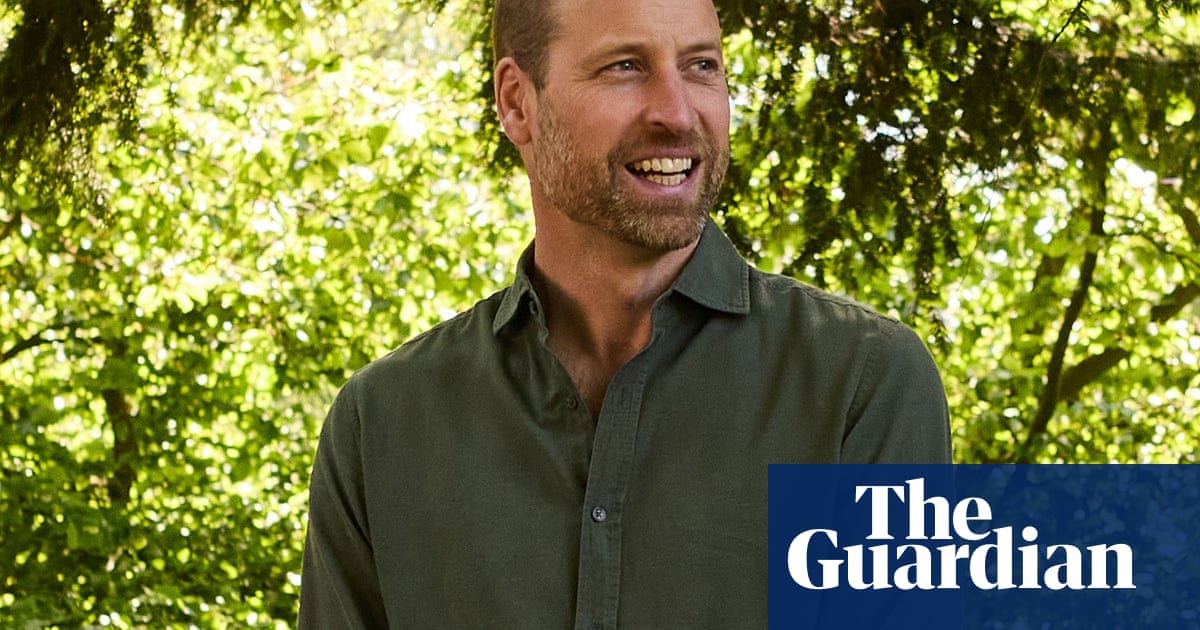Wildlife rangers perform “one of the most dangerous jobs on the planet”, the Prince of Wales has said at the launch of a docuseries highlighting these “unseen, unheard and undervalued” heroes of the natural world.
William, who presents Guardians, a six-part series launching on Friday, said championing the protectors of the natural world was particularly special as he had met many of them on his travels.
They often told him how much more dangerous the job had become as a result of civil wars, illegal fishing or poaching, he said. “At some point, we do have to say ‘enough is enough’ and highlight the bravery of these men and women on a daily basis.”
The series, which was William’s idea, was launched by the Royal Foundation’sUnited for Wildlife,and through immersive field footage focuses on six areas – Central African Republic, the Himalayas, Mexico’s Sea of Cortez, Kruger national park in South Africa, as well as Sri Lanka and Caru Indigenous Land in Brazil.
Each six- to 10-minute episode highlights a different story, with the first featuring Modiki Claver, who now protects the wildlife he once poached in Dzanga-Sangha, Central African Republic.
New episodes will launch each Friday onBBC Earth’s YouTubeand social media channels.
About 1,400 rangers had died as a result of their job over the past 10 years, William said, but so many cases were forgotten and unreported.
William said: “Every day, they take huge risks as nature’s frontline of defence, standing between poachers and endangered species, supporting sustainable human-animal coexistence and fighting habitat loss.”
The prince said the role of rangers was not just about carrying guns in the bush, which people often heard about. Those working in the Himalayas, for example, were at risk from the dangerous terrain. Globally, rangers’ work encompassed community initiatives, education, teaching and scientific research.
He said a further 1.5 million rangers were needed to meet global environmental biodiversity targets by 2030 – but this was a challenge. “Because why would anyone get involved when it’s not properly funded, they are not valued, no one cares?” the prince said at a launch panel discussion chaired by the wildlife presenter Michaela Strachan.
Sign up toDown to Earth
The planet's most important stories. Get all the week's environment news - the good, the bad and the essential
after newsletter promotion
“It’s got to change. I’m hoping [this series] shines a really big spotlight on the determination, the resilience, the enthusiasm that people have to look after the natural world.”
Last year, United for Wildlife committedto a five-year financial packageproviding 10,000 African rangers with affordable insurance cover.
William said rangers were “the glue” between humans and the natural world. “Any future we want for the natural world has to come from the ranger community being valued and especially seen.”
